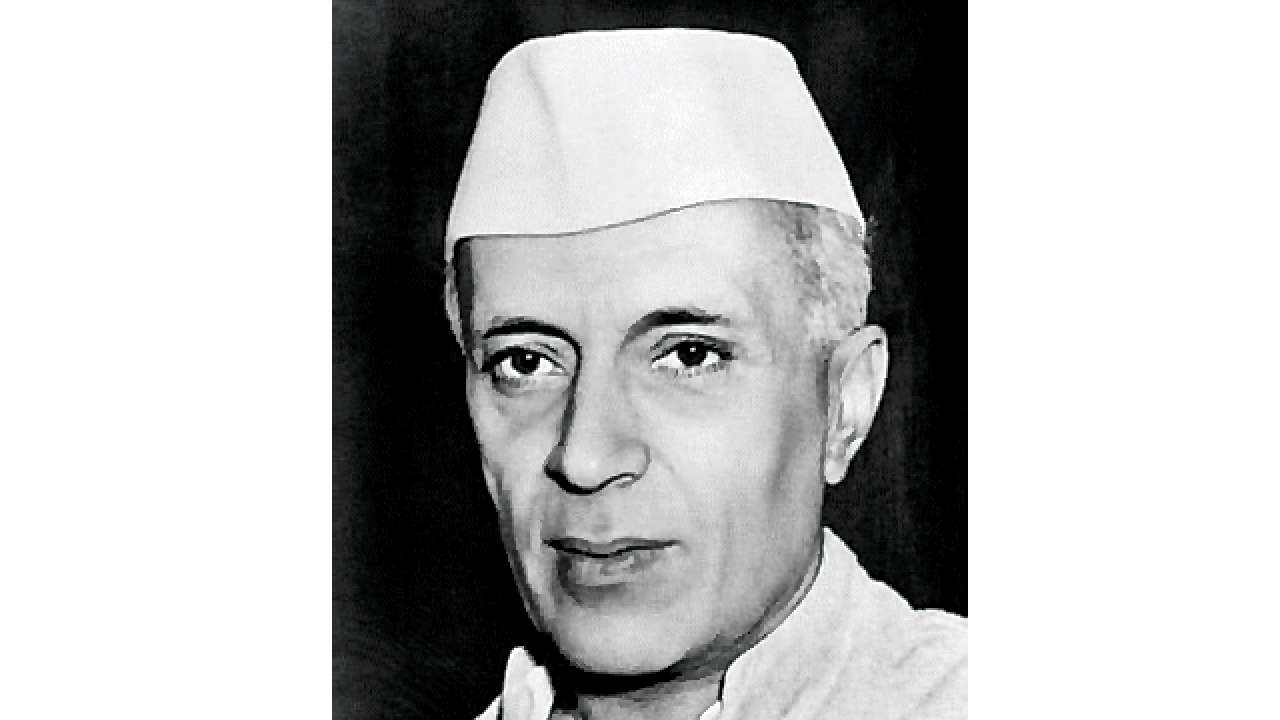
What is the essence of the Indian National Congress? This question unravels many facets of the political culture and the party system in Indian politics. In contemporary times, the party is completely a synonym of a dynasty, which has not only been increasingly losing its charm, but is also becoming incapable of asserting its political utility. Its incapability to resurrect old values, revive the spirit of struggle and attract men and women with idealism is more than obvious. Sonia-Rahul leadership has a unique quality. Their choice of surroundings is based on strong likes and dislikes, and that has left the party with a pack of chosen sycophants who lack originality, vision or a mass base. Its signboard would continue to shine till a new outfit with an all-India image and base emerges to fill the vacuum of opposition space.
However, it would be a folly to blame only Sonia and Rahul for the party’s decline. The seeds of the downfall were sown soon after Independence when Jawaharlal Nehru established his hegemony in the party and in the government by silencing voices of dissent. Thousands of leaders who emerged from the anti-imperialist struggles were made politically unemployed. They were neither used for nation-building, nor for setting up an organic link between the bureaucratic state and the people’s aspirations. It was perhaps because of this realisation that Mahatma Gandhi had suggested dissolving the Congress, which was misinterpreted as inviting political anarchy at the juncture the nation required a strong party at the Centre. His suggestion was based on presumptions that millions of freedom fighters would be engaged in more fruitful jobs of decolonising the Indian mind and culture through Lok
Sevak Sangh. At the same time, plurality of ideas and thoughts within the Congress would lead to a repolarisation of forces and would give birth to new political outfits. But Nehru’s hegemony marginalised the Mahatma, too.
The biggest jolt for the Congress under Nehru was the attack on internal democracy. There was an interesting development in the party, which shows Nehru’s love for monarchy. Twenty nine members of the All India Congress Committee (AICC) in its resolution on July 13, 1951, authorised Nehru to have a final say in selecting over 4,000 candidates for the Lok Sabha and Assembly elections. The dissent of Purushottam Das Tandon and his supporters, who considered this resolution to be an antithesis of the ideas the Congress cherished, was crushed by Nehru. He had shown displeasure with Tandon and stood by his ‘man’ Rafi Ahmed Kidwai who was the brain behind this.
Internal bickering led Kidwai to resign from the Congress and the Cabinet, but despite protests by his party colleagues, Nehru retained Kidwai in his Cabinet. This was indicative of pretentious democracy of Nehru. The last genuine election in the Congress for presidentship took place in 1950 when Tandon and Acharya JB Kripalani contested against each other. Kripalani was backed by Nehru and Tandon by Sardar Patel. Nehru declared that he would treat the defeat of Kripalani as a sign of no-confidence against him and he would not continue as Prime Minister. Tandon won and Nehru compelled the elected party President to step down. With the passing away of Sardar Patel at the end of 1950, there was no one left to challenge Nehru. This reminds me of Nehru’s self-assessment in his article titled “Rashtrapati” in the Modern Review in November 1937, under the pseudonym Chanakya. He warned that he had the tendency to become a dictator. The party increasingly began to gather dust and many visionaries had foreseen its decline as imminent.
The degeneration of political culture precedes the decline of the organisation which takes comparatively more time. The deterioration of Congress’ culture began right after Independence. It was none other than Shankar Rao Deo, former Party President — in a series of three lectures in August 1949 — who detailed the jeopardising of internal democracy and the permeating of corruption in the party’s rank and file. On August 18, 1949, Deo concluded his speech, which is a veritable lifeline for all parties, not just the Congress: “Our policy and programmes must be capable of generating mass loyalty and enthusiasm. In democracy, political parties can hope to win only if they enjoy the love and confidence of the people.”
The party, under Sonia and Rahul, lacks the moralists and idealists who can rebuild the party and regenerate ideas to mobilise masses. The editor of the Harijan, KG Mashruwala suggested something in the 50s is also relevant in 2017. He wrote in the July 28, 1951 edition, “Is all this sorry spectacle unavoidable? Self immolation and straight thinking can improve the situation. May God grant it to every one of us.” The synonym of dynasty and the party ended both creativity and political acumen. There is no Mashruwala now and when Nehru had given a deaf hear to him then, how could one expect it from Sonia Rahul?
The author is founding Honorary Director of India Policy Foundation, a Delhi-based think tank. Views expressed are personal.